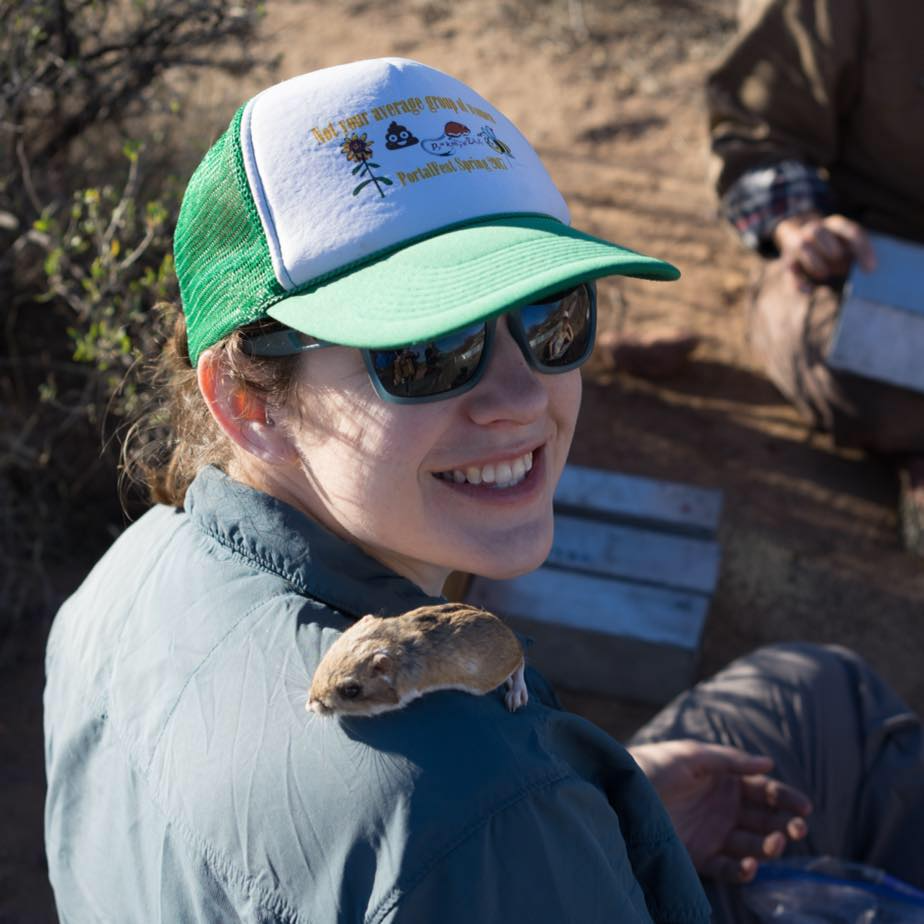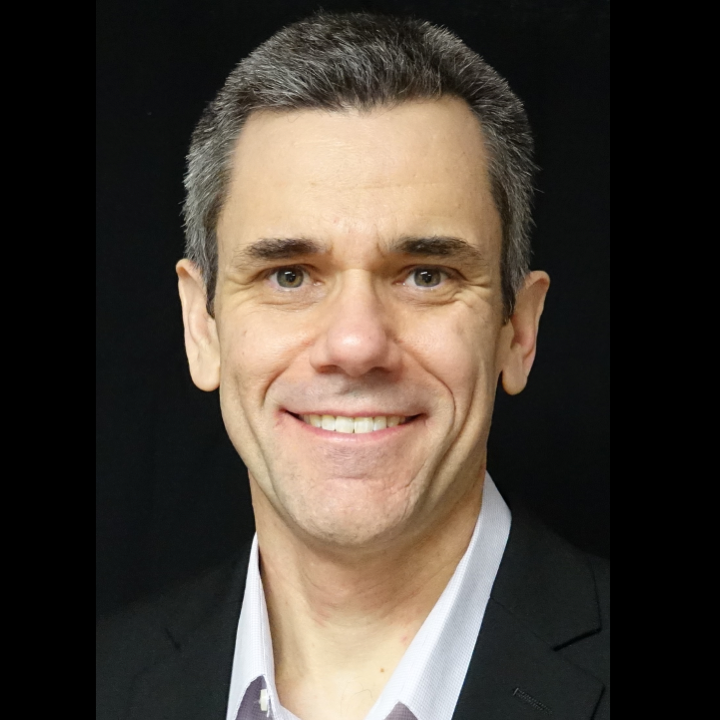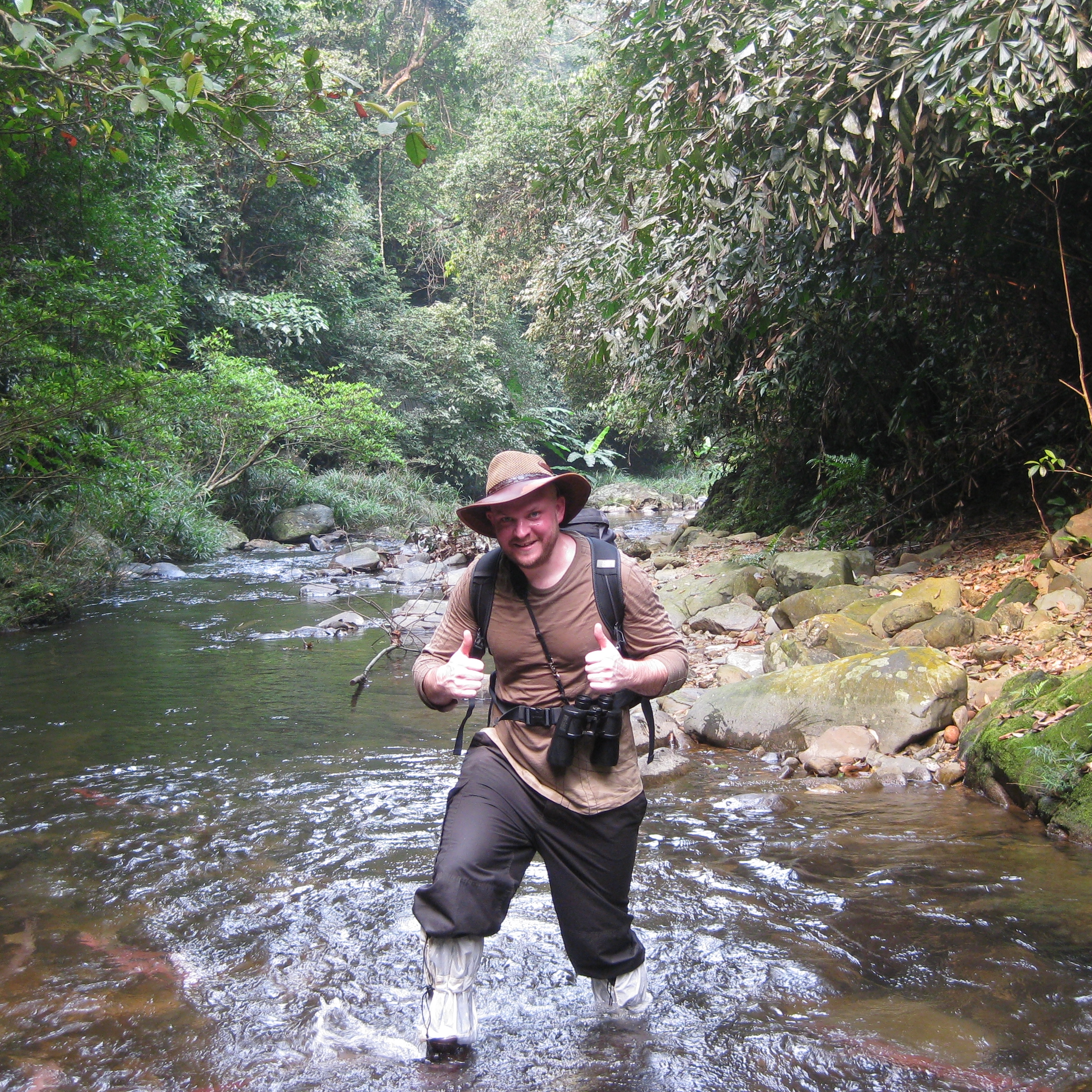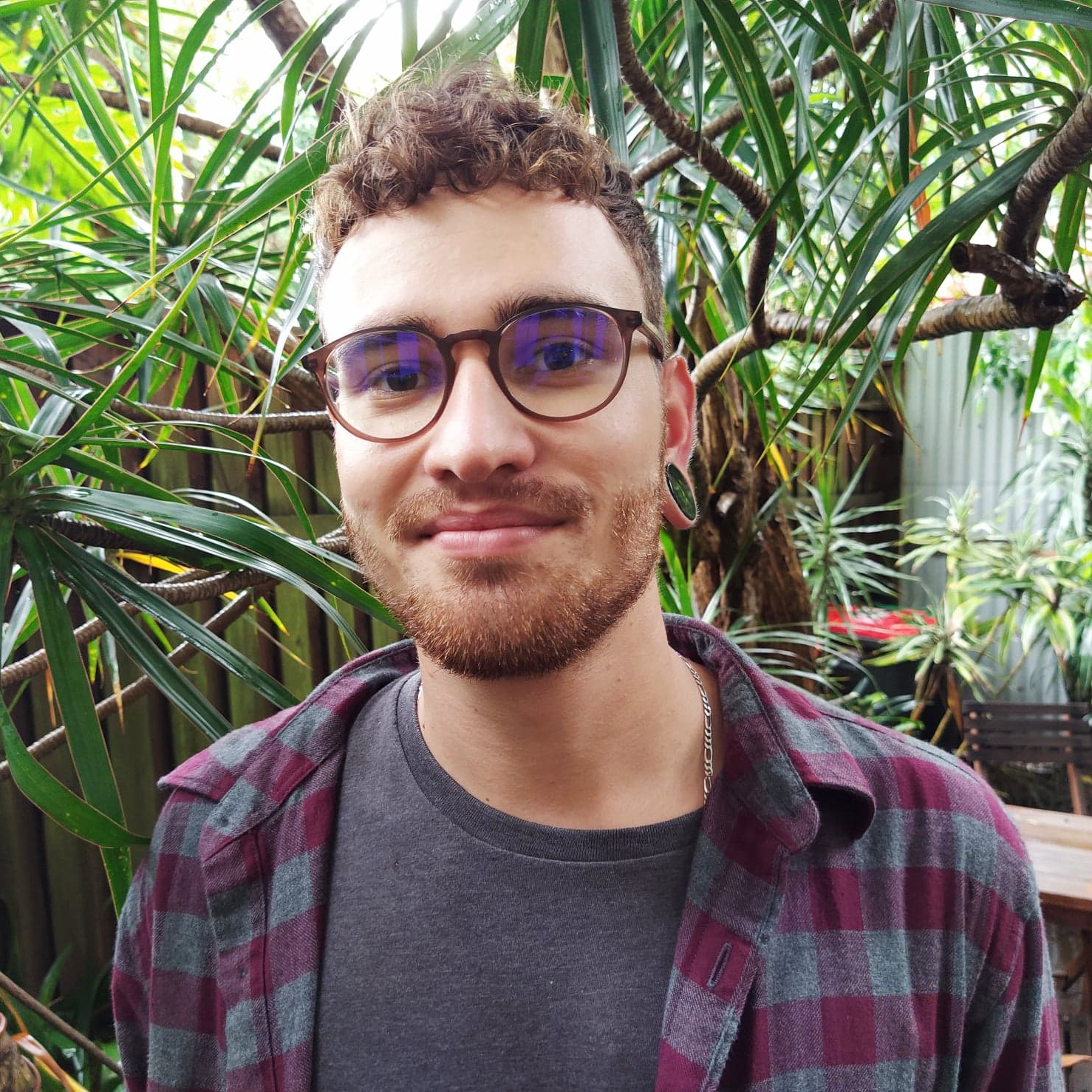[SORTEE member voices is a weekly Q&A with a different SORTEE member]
Name: Maxime Fraser Franco.
Date: 06 July 2021.
Position: PhD Student.
Research and/or work interests: My main research interest is on predator-prey interactions. I focus on studying the ecological and proximal mechanisms that shape the coexistence of foraging specialists and generalists within predator populations. More precisely, I evaluate how individual differences in predator foraging specialization defines individual differences in the type of prey they capture. These dynamics can be shaped by prey behaviour, habitat structure, and predator experience.
Testing ecological hypotheses of individual behavioural variation in wild populations of free-ranging predators can impose considerable ethical, logistical, and financial challenges. Thus, to circumvent some of these difficulties, a part of my work is done using online multiplayer video games as my study system. Virtual worlds contain structured environments where complex trophic and social interactions occur. Some video game types, such as asymmetrical multiplayer horror games, can realistically reproduce a predator-prey interaction within multiple types of habitats. For instance, in these games, players vary in the strategies they use to succeed, while managing navigation and interactions within the virtual environment. Thus, although video games come with their own biases (as any study system) and are a simplified representation of reality, I believe they can provide valuable ecological insight for ecologists.
Continue reading







